
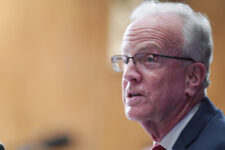
“I do not believe that our astronauts, upon returning to the Moon, will want to be welcomed by the Chinese and the Russians. Instead, we should be there to meet them whenever they arrive,” Sen. Jerry Moran of Kansas says.
By Colin Clark
We’re launching a new survey on military space issues, and we need your help to make it complete.
By Breaking Defense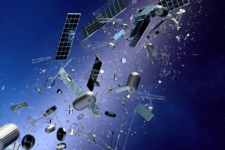
For the first time in seven years, the US and Russia will formally meet to discuss norms of behavior in space — even as both nations build capability for war in the heavens.
By Theresa Hitchens
Let’s not get too carried away. “We’ve got to earn our way to cislunar,” Will Roper said with a chuckle. “We’ve got to prove we can do LEO and GEO well.” Still, “this isn’t too far fetched.”
By Colin Clark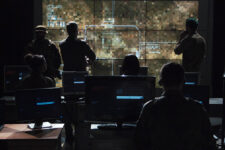
The State Department and Pentagon are expressing concern over new Russian and Chinese activities in space, while the White House is pushing for the creation of a Space Force.
By Paul McLearyWe learned of the tale of the Russians, the butter knife and space. It was January 2014. Rose went to Moscow to meet with his Russian counterpart.
By Colin Clark
The stakes are high for President Trump’s nascent Space Force because a poorly integrated service is a price America cannot afford to pay. This means a careful, thoughtful, conditions-based approach must be followed to assess if and when an autonomous military space organization will provide the best path forward. All four services will contribute to…
By David Deptula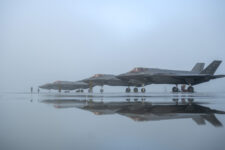

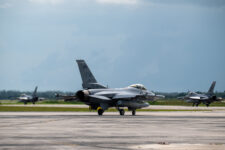


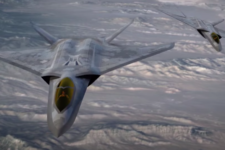


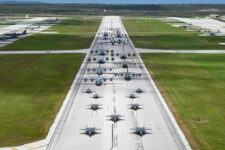
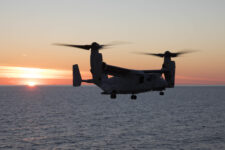

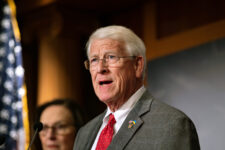
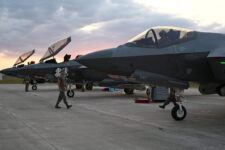
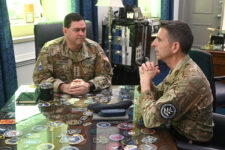


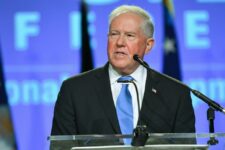
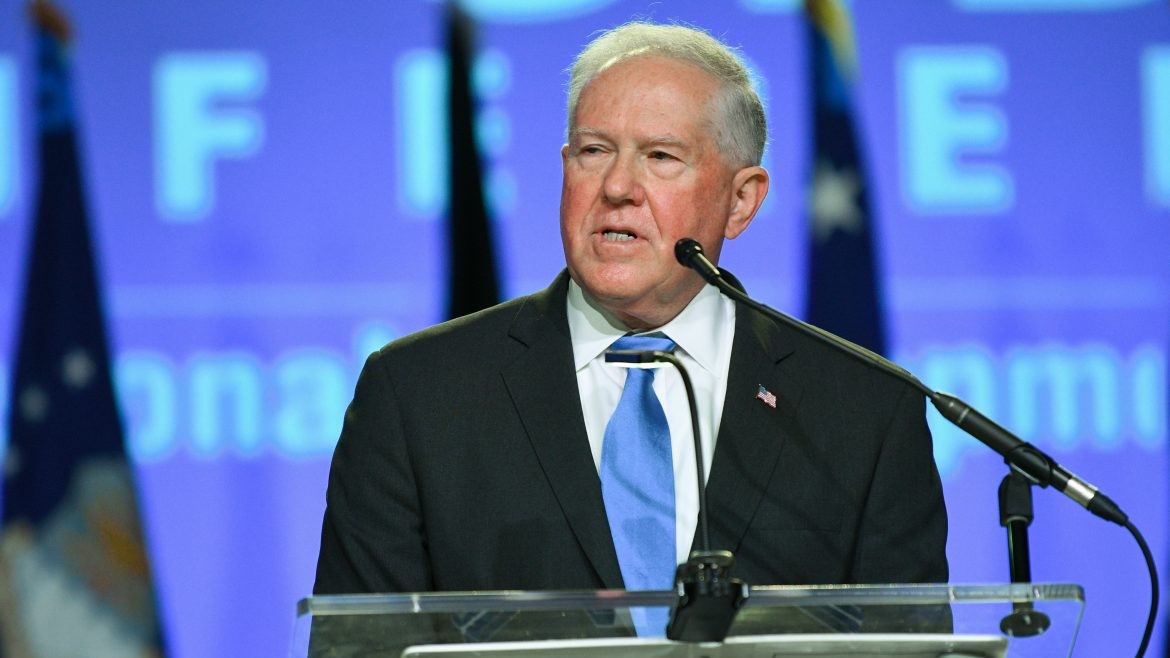
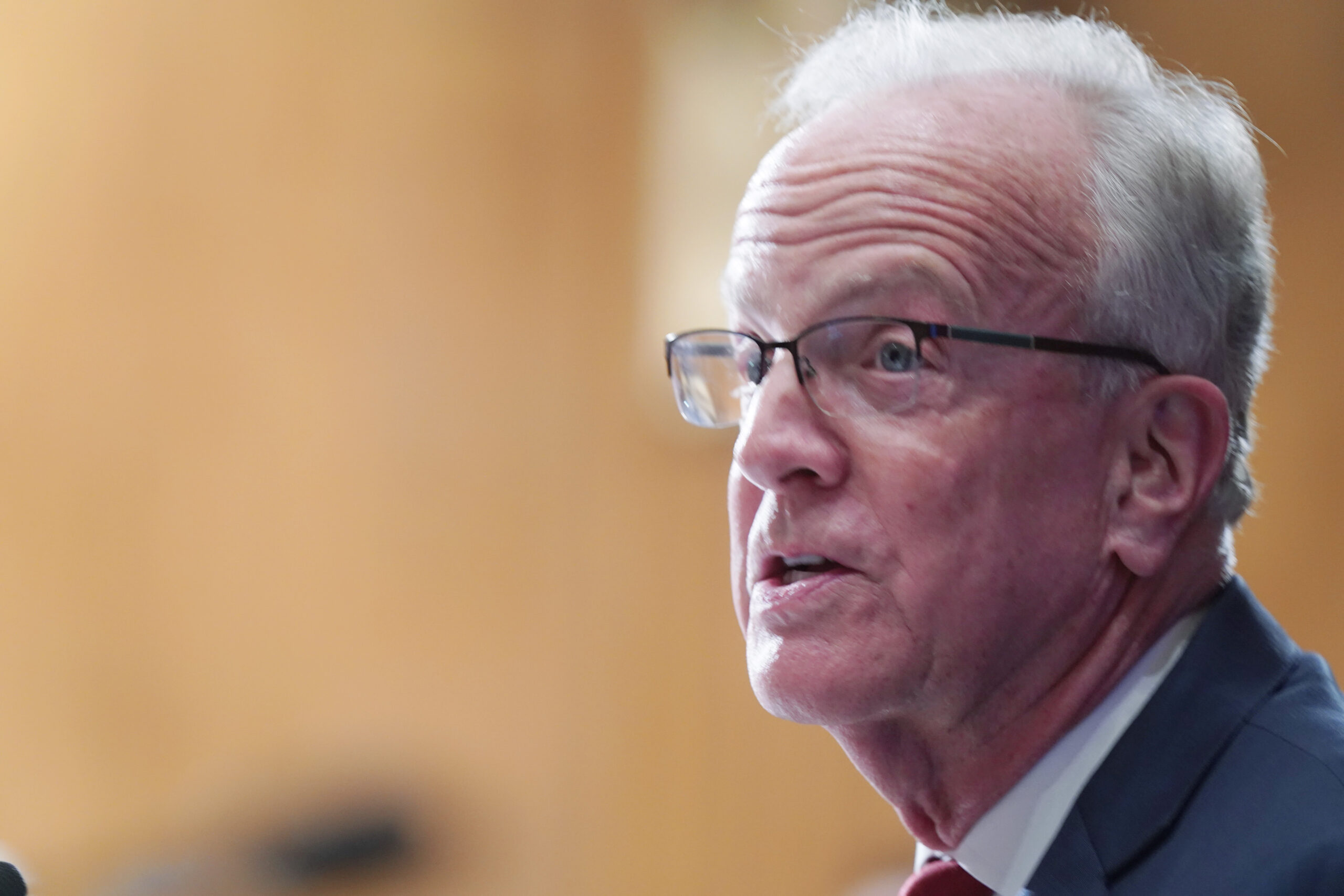

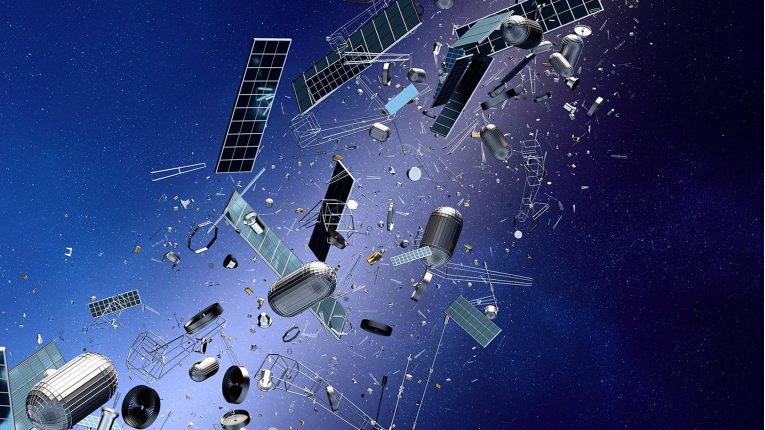

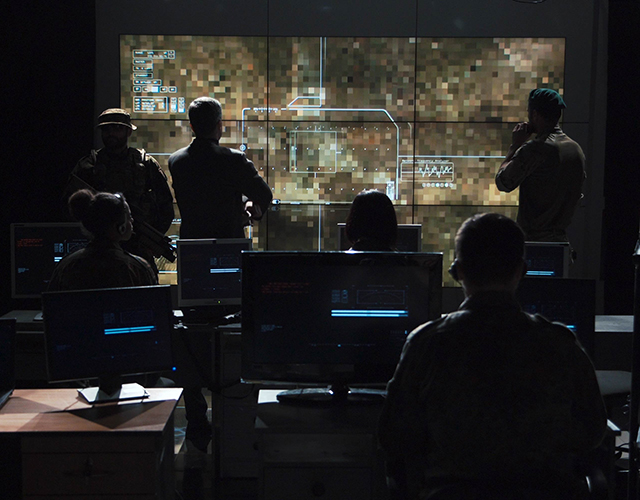

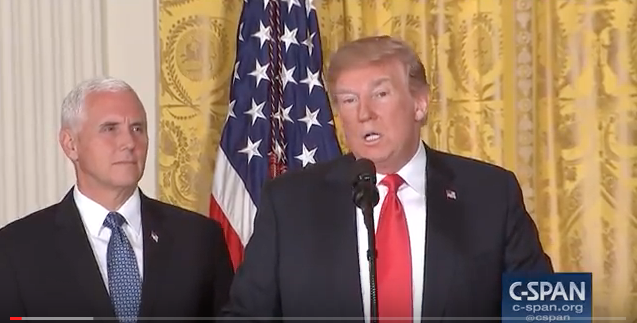

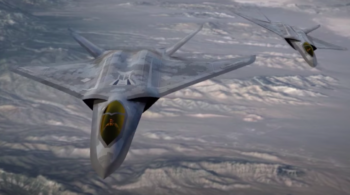



The Trump administration should declare a U.S. moratorium on destructive ASAT testing and work with like-minded countries to begin laying the groundwork for an eventual legal prohibition. These would be an immense step forward on limiting future ASAT testing and enhancing space security for both the United States and the world.
By Victoria Samson and Brian Weeden